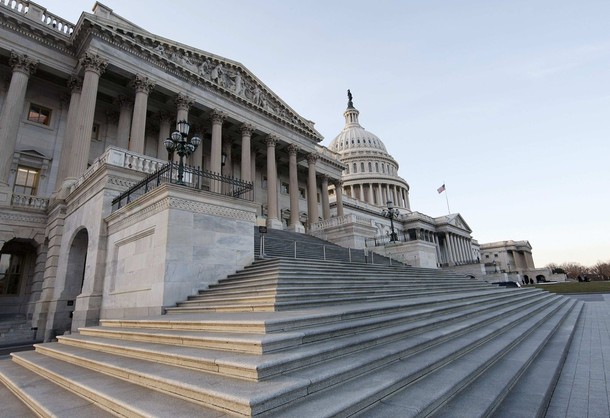
Will Rogers famously quipped that every time the U.S. Congress wished to make a joke, it passed a law and every law it passed turned out to be a joke.
That sarcasm too often applies to broader government policy on too many issues. The major flaws and deficiencies rested in confusing symptoms with causes and allowing compromise to become dilution and distortion. Sadly, this history will affect the pending financial reform legislation.
Examples abound and apply equally to Republicans and Democrats:
George W. Bush and Congress went into Iraq without comprehending that the peace would be far tougher than the very brief war.
The Troubled Asset Relief Program failed to protect taxpayers in getting money back from failing banks.
In the economic rescue package, Barack Obama and Congress failed to give unemployment high enough priority.
The healthcare bill, argued as critical to restoring the nation’s economy by cutting medical costs, failed to achieve that end.
Similar shortcomings and flaws will beset the financial reform and regulatory bill ricocheting around Congress.
The economic and financial implosions had many causes. But its fuses were put in place in the waning days of the Clinton administration and were lit eight years later. At the end of 1999 and championed by Majority Leader of the House of Representatives Dick Armey, R-Texas, Congress revoked the Glass-Steagall Act of 1933 that permanently separated investment from commercial banking.
In the lame duck session, Congress passed the Commodity Future Modernization Act of 2000 on Dec. 15 without debate. That act will “supersede and pre-empt the application of any state or local law that prohibits and regulates gaming or the operation of bucket shops.”
“Bucket shops,” named for containers used to measure grain in England’s ancient mercantile exchanges, were indeed casinos that wagered on whether the price of stocks and other commodities rose or fell — the original Credit Default Swaps that played such an important role in the financial meltdown. Following the 1907 financial crisis, bucket shops and these CDSs were made illegal.
Interestingly, as Congress was reversing both of these critical laws, both Treasury Secretary Larry Summers and Chairman of the Federal Reserve Alan Greenspan strongly and wrongly endorsed opening the derivatives markets with Summers further asserting that “parties to these kinds of contracts are largely sophisticated financial institutions … eminently capable of protecting themselves from fraud and counterparty insolvencies most of which are already subject to basic safety and soundness regulation.”
Because of these changes in the law, several tectonic changes would shake the financial world.
The big banks moved quickly to merge investment and commercial banking meaning an explosion of assets that these banks could used for trades using both investor and bank proprietary money.
Second, investment banks that were once partnerships became “public,” offering shares on the major stock exchanges. This injected huge sums of capital. More importantly, with the end of partnerships, liabilities covered only the loss of stock value and not all losses a firm might suffer.
With the full legalization of CDSs, investment banks shifted their focus from traditional banking to trading. And because CDSs were often “synthetic,” that is bets on whether prices would rise or fall reminiscent of the old bucket shops, the size of this market would grow into the hundreds of trillions of dollars.
Worse, in the bailout these huge banks were granted access to Federal Reserve funds meaning taxpayer bailouts.
To be effective, financial reform must limit institutions from making huge amounts of money from these trades based on “bets” protected by limited liability. Restoring Glass-Steagall isn’t going to happen but restoring the risk of full liability can, as is the case at the insurance giant Lloyd’s of London where “names,” i.e. investors, are liable for all losses.
For firms that trade in these derivatives, separate entities should be created in which shareholders would become liable for all losses, in essence returning to quasi-partnerships. This, of course, would greatly diminish the derivatives market — a public good as these instruments were designed to make money from money and not on increasing real value.
Second, boards of directors must be directed by law to oversee these trades as well.
Third, a systemic risk council as proposed is vital and must be explicitly charged with detecting potential financial and economic bubbles that could implode.
Finally, while greater transparency is mandatory, returns for hedge funds should be taxed as earned income and not as carried interest meaning at capital gains rates. This too will impose limits on hedge funds.
Predictably, the pending legislation will almost certainly not focus on the consequences of upending Glass-Steagall and legalizing all CDSs. The financial community will also find ways of working around the new rules and law. Restoring liability is perhaps the only way of preventing future financial shocks to the system.
Harlan Ullman is an Atlantic Council Senior Advisor and chairman of the Killowen Group that advises leaders of government and business. This column was syndicated by UPI. Photo credit: Reuters Pictures.
Image: 610x_2.jpg
